Is Economic "Man" Really Male?
Published in Social Sciences, Behavioural Sciences & Psychology, and Economics

Explore the Research

The Homo Economicus Model of Work Describes Men More than Women, But Only in WEIRD Cultures
By Thomas Talhelm, Danila Medvedev, and Yin Li, Published on 05/31/25
Is homo economicus more male or female? Homo economicus is the simplified model of human behavior that says people pursue their own benefit based on a calculation of the costs and benefits. One key is that homo economicus doesn't care about social things, like norms, fairness, or cooperation.
I polled people on Twitter to find out. The results were clear--69% of people said male.
And according to our study results, they'd be right! But our data suggests that's true only for "WEIRD" cultures. (I'll explain "WEIRD" later.)
Here's how we tested it. We gave about 7,000 people a simple work task. The task was like a captcha question. You've probably done many of these to prove to websites that you're a human.
We gave workers an explicit contract. The contract was to complete captcha 10 images to get their pay. After that, they could stop and still receive full pay.
But some workers got extra incentive pay. For every 10 images they completed, they got another 5 cents.
Other people got no extra pay, but they saw psychological nudges. One of the nudges was a social norm. We told participants that most people complete around 160 images.
We also tested other nudges, such as framing the task as a competition and giving extra money to charity for every additional 10 images. The important thing about the nudges is that doing extra work gave them no extra money for themselves.
The homo economicus prediction from classical economics is clear: Once the pay stops, participants should quit. So what we wanted to know is how many people would quit at the first chance.
But humans aren't perfect econs. "Homo psychologis" still cares about things like social norms, reputation, and relationships.
My research team tested people in six cultures around the world. We tested people in two Western, individualistic cultures (US, UK) and three more collectivistic cultures (China, South Africa, Mexico).
The idea that homo economicus is male flipped based on culture. In the US and UK, paying people extra money led to a 34% reduction in the quit rate for men. For women, money was a little less effective--29%. In other words, the homo economicus model applied slightly better to men than women.
But in China, Mexico, and South Africa, it flipped! Money was more effective for women than men. Giving people incentive pay decreased quite rates 6% for men but 11% for women.
In other words, in non-WEIRD cultures, it was the men who were more likely to stick around, even without extra pay. Perhaps they cared more about their reputation as hard workers or their sense of duty.
These results fit with the idea of "WEIRDness." The term literally stands for characteristics that individualistic cultures tend to have--Western, educated, industrialized, rich, and democratic. But really, the "WEIRD" refers to the idea that Western cultures tend to be outliers in terms of psychological traits, like thought style, individualism, and trust.
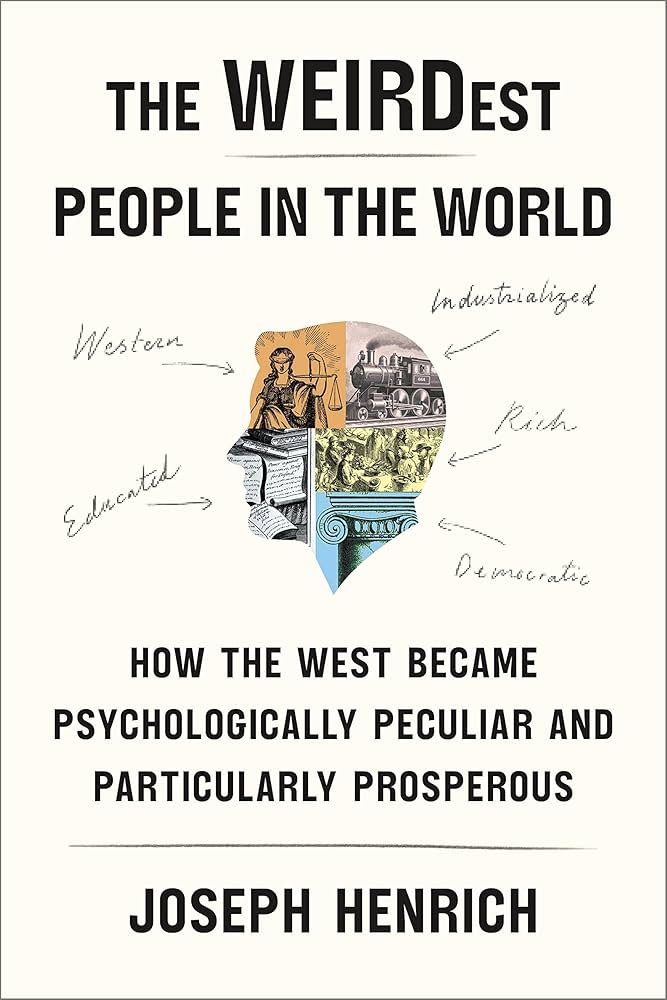
Our data on homo economicus behavior suggests WEIRD cultures are outliers on this too. For one, the homo economicus model applies better to WEIRD cultures than non-WEIRD cultures (which we reported in a previous paper). And even with gender differences in the homo economicus model, that appears to be different in WEIRD and non-WEIRD cultures too.
This matters because too much psychology research takes place in the West. Only about 15% of the world's population lives in Western cultures. But they make up 96% of the samples in psychology.
The "WEIRD" acronym is a reminder not to draw conclusions about humans from this 15% slice of humanity. The idea that homo economicus is male might be a WEIRD thing too.
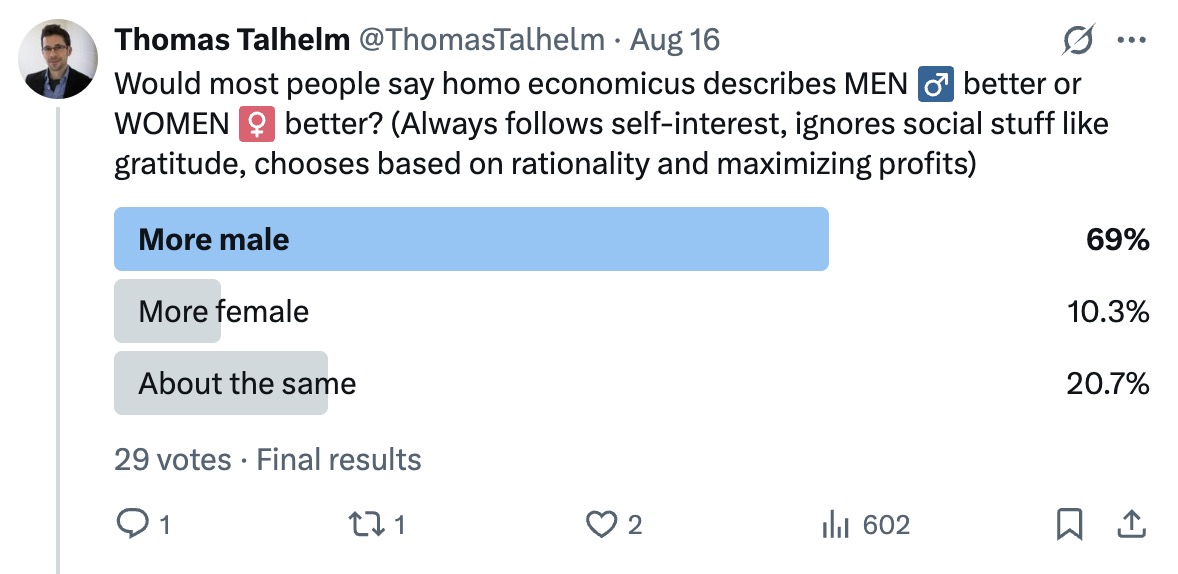

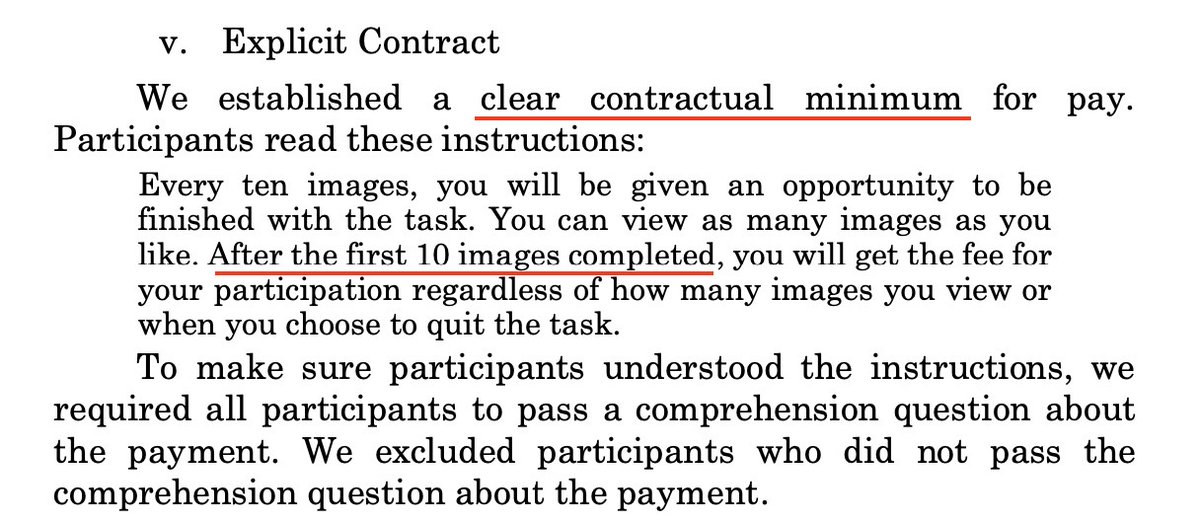
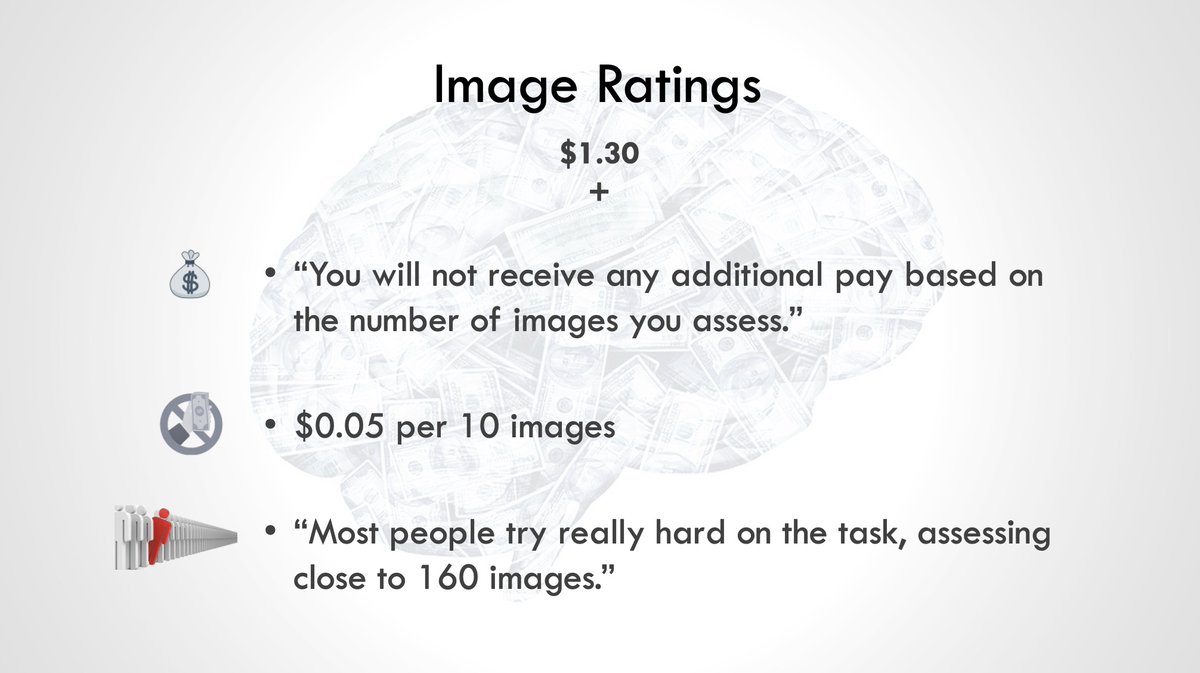

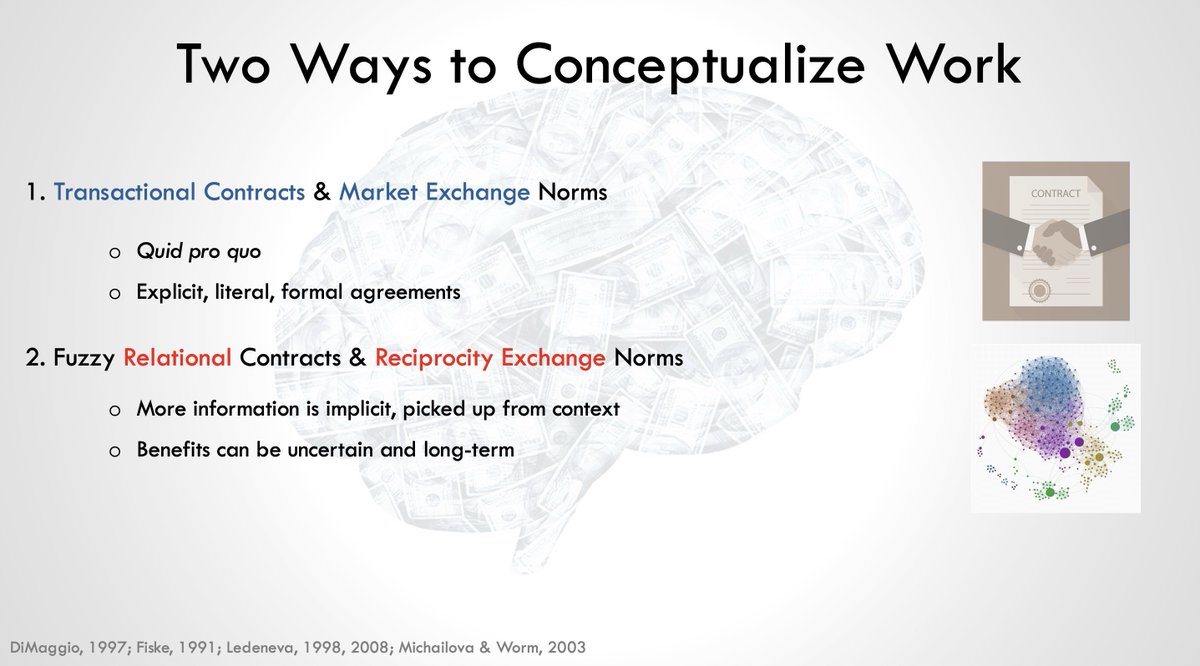
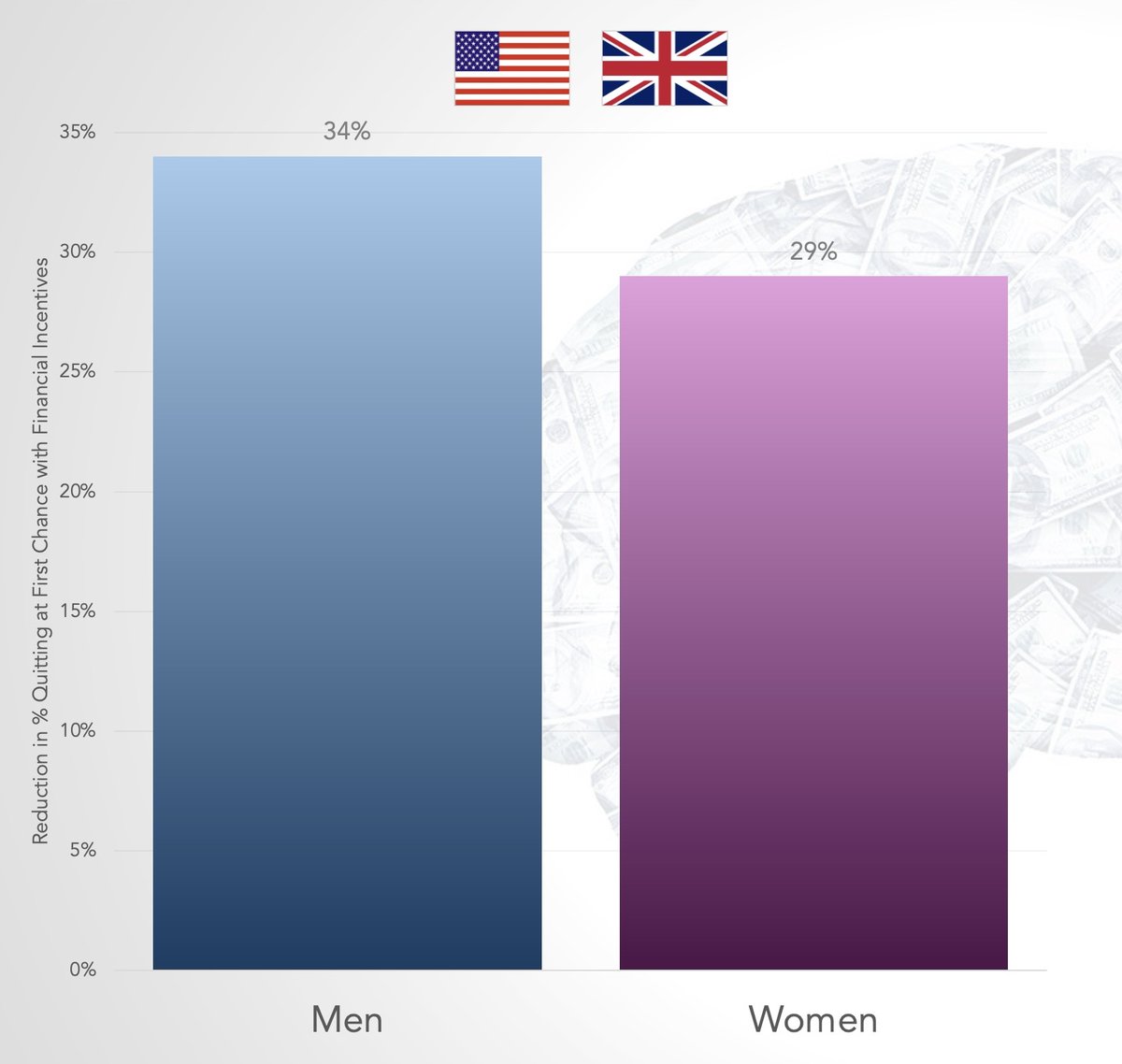
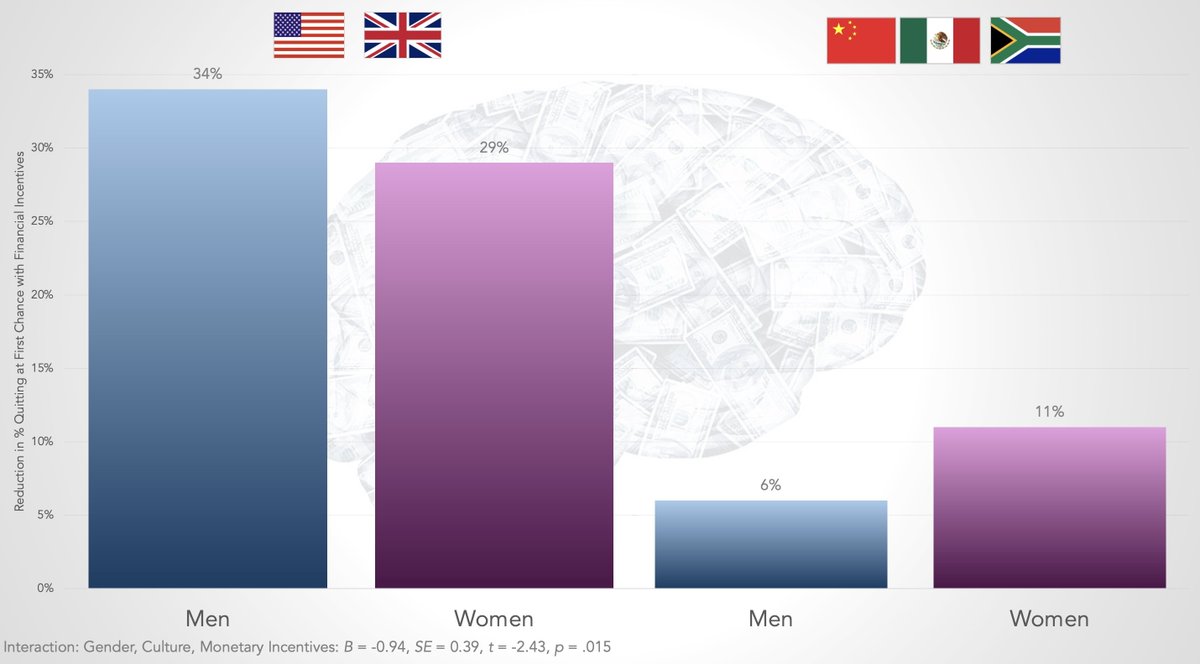





Please sign in or register for FREE
If you are a registered user on Research Communities by Springer Nature, please sign in
The original study is available without a paywall here: https://papers.ssrn.com/sol3/papers.cfm?abstract_id=5288684